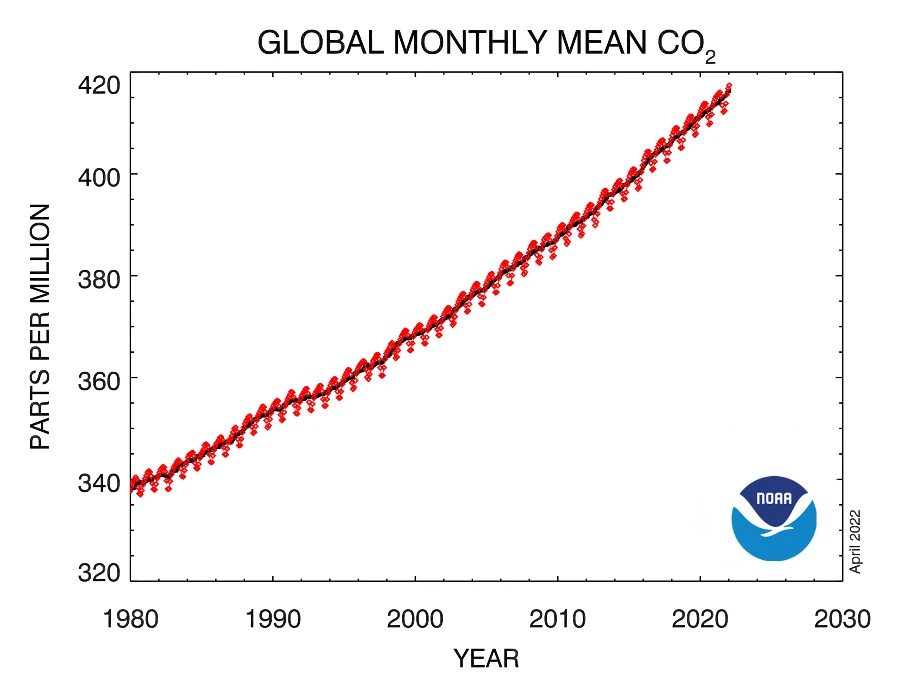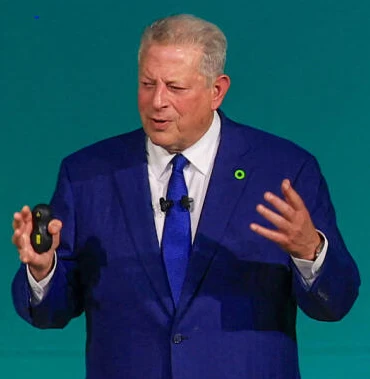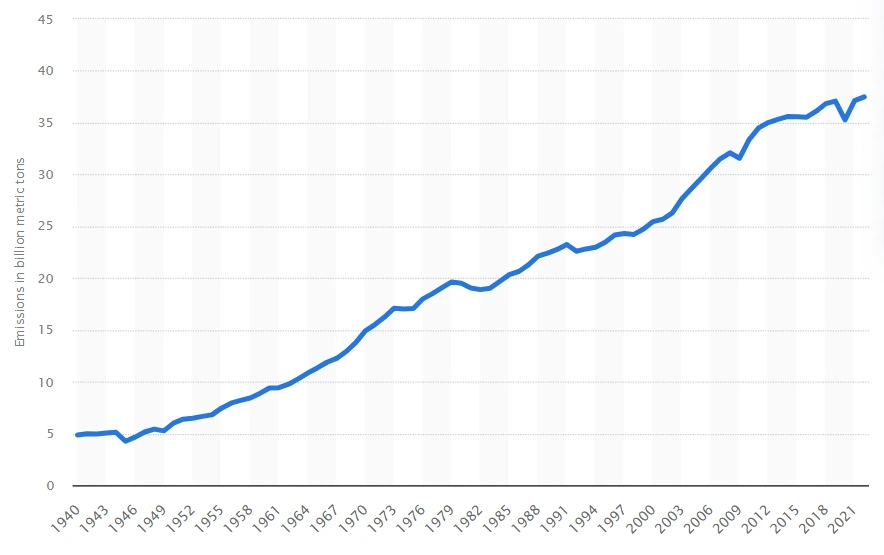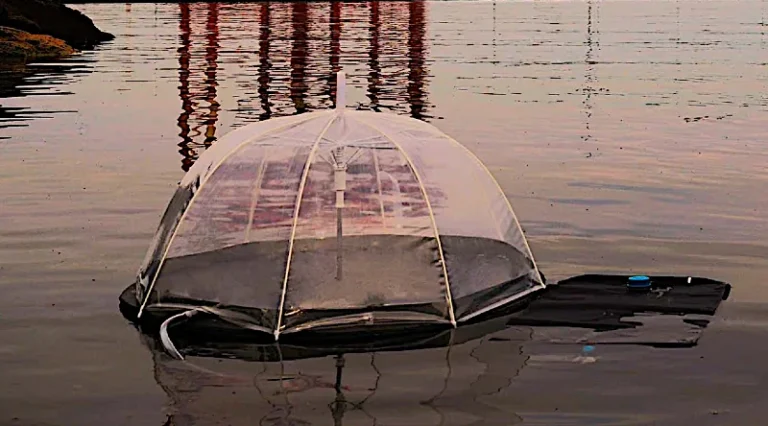The United Nations climate conference, COP28, has commenced in Dubai, where delegates from around the world are facing a host of pressing challenges. Amid the urgency of addressing climate change, the conference aims to conduct a “global stocktake” to assess progress toward the 2015 Paris Agreement’s goal of curbing global warming. However, as the world grapples with record-breaking extreme heat in 2023, it’s evident that much more work remains to be done.
Here, we delve into four critical issues that will define the success of COP28, ranging from tackling methane emissions to exploring innovative financing solutions.
1. Tackling Methane Emissions: A Global Imperative
Methane, often referred to as global warming’s “blow torch,” is a potent greenhouse gas, trapping approximately 80 times more heat than carbon dioxide over a short timeframe. The good news is that methane dissipates from the atmosphere relatively quickly, offering a unique opportunity to have an immediate impact on global warming by curbing its emissions.
In 2021, 149 countries pledged to reduce methane emissions by 30% by 2030 under the Global Methane Pledge. COP28 presents a pivotal moment to translate these commitments into concrete actions. Notably, China and the United States have announced plans to host a methane summit during the conference, signifying their dedication to addressing this pressing issue.
However, the onus is also on countries like the United Arab Emirates (UAE), led by COP28 President Sultan Ahmed al-Jaber, to use their diplomatic influence to engage oil- and gas-producing nations, including Turkmenistan, Iraq, and Iran, in the efforts to reduce methane emissions.
Methane emissions from human activities account for approximately 60% of global methane emissions. Of this, about a third arises from leaking fossil fuel equipment, gas flaring, abandoned oil and gas wells, and coal mines, with another third attributed to agriculture. COP28 marks the first time that the conference places significant emphasis on agriculture’s role in climate change. Nevertheless, the quickest path to reducing methane emissions lies in targeting fossil fuels.
The International Energy Agency asserts that methane emissions from fossil fuels must decrease by 75% this decade to align with the Paris climate agreement’s goals. To accomplish this, the UAE must lead efforts to secure industry commitments, encourage financial contributions to aid developing nations in addressing methane emissions, and establish a binding international agreement to eliminate methane emissions.

2. Financing Loss and Damage: A Matter of Equity
During the 2022 climate conference, nations agreed to establish an international Loss and Damage Fund aimed at providing financial assistance to vulnerable and low-income countries disproportionately affected by climate disasters. Despite these countries bearing the brunt of climate change’s impacts, they have contributed the least to the crisis.
The current challenge at COP28 revolves around the design and implementation of this fund. The proposed structure has raised concerns among negotiators and stakeholders. It defines eligible recipients broadly as “developing countries that are particularly vulnerable.” Additionally, it encourages formerly “developed” nations, according to historical contexts, to contribute, while urging now-wealthy nations to participate.
Another contentious point is the appointment of the World Bank as the fund’s trustee for the initial four years. This choice has faced criticism from developing nations, which perceive it as granting excessive influence to wealthier nations.
The Loss and Damage Fund constitutes just one facet of financing for developing countries. COP28 needs to make headway in funding adaptation efforts more broadly and stimulating investments in mitigation.

3. Restoring Carbon Market Integrity: The Role of Voluntary Carbon Markets
Voluntary carbon markets, currently valued at around $2 billion, offer potential avenues to fund mitigation and adaptation initiatives in developing nations. These markets enable companies to invest in projects such as forest conservation or renewable energy and count the anticipated emissions reductions as part of their own emission reduction targets.
However, these markets have faced scrutiny due to reports revealing that many forest projects failed to deliver the promised carbon credits, and the purchasing companies didn’t effectively reduce their emissions. To address these concerns, stakeholders are working to establish principles and a code of practice for “high-integrity” markets. These guidelines require companies to develop their plans for achieving net-zero emissions and use projects to offset only the residual emissions they can’t mitigate independently.
The UAE is eager to demonstrate how voluntary carbon markets can channel more finance to developing countries. Given the challenges that oil and gas companies face in achieving net-zero emissions, the quality of their commitments will undergo intense scrutiny.
4. Innovative Financing Solutions: Exploring New Avenues
Several innovative financing proposals are gaining traction to support climate-related projects and recovery funds. One intriguing concept involves levying fees on “overconsumption” that drives greenhouse gas emissions, known as international solidarity taxes. For instance, French President Emmanuel Macron has expressed interest in exploring international fees on business class air travel, international financial transactions, bunker fuels in shipping, and excess or windfall profits from fossil fuel companies.
While this approach is endorsed by some nations, including Kenya and Barbados, it has yet to gain the support of the U.S. and other advanced economies.
The UAE has been actively engaged in rallying the international community to triple renewable energy capacity and double energy efficiency by 2030. Anticipate announcements from the UAE regarding new investment funds designed to scale up renewable energy initiatives.
In recent years, there’s been an upsurge in efforts to blend philanthropic capital, public development finance, and private investment to boost overall investment.
More To Discover
- Bottom Trawling Unleashes 370 Million Tons of Hidden Carbon Emissions, Study Reveals
- Carnegie Mellon Study Proves Grocery Delivery Is Less Sustainable than In-Store Shopping
- Water Batteries: The Safe, Affordable, and Eco-Friendly Energy of the Future That Won’t Explode
- Microplastics Are Basically Everywhere: Meat, Water, Produce, Packaging, Seafood And More. But Can They Really Hurt Us?
Expect to hear about the launch of new investment funds, encompassing not only energy but also nature conservation and enhancements in food systems.
In conclusion, the success of COP28 hinges on addressing these critical issues with determination and cooperation. With the COP president playing a pivotal role in inspiring greater ambition and swift action, the outcome will determine whether COP28 transcends rhetoric and becomes a global triumph in the battle against climate change.
















